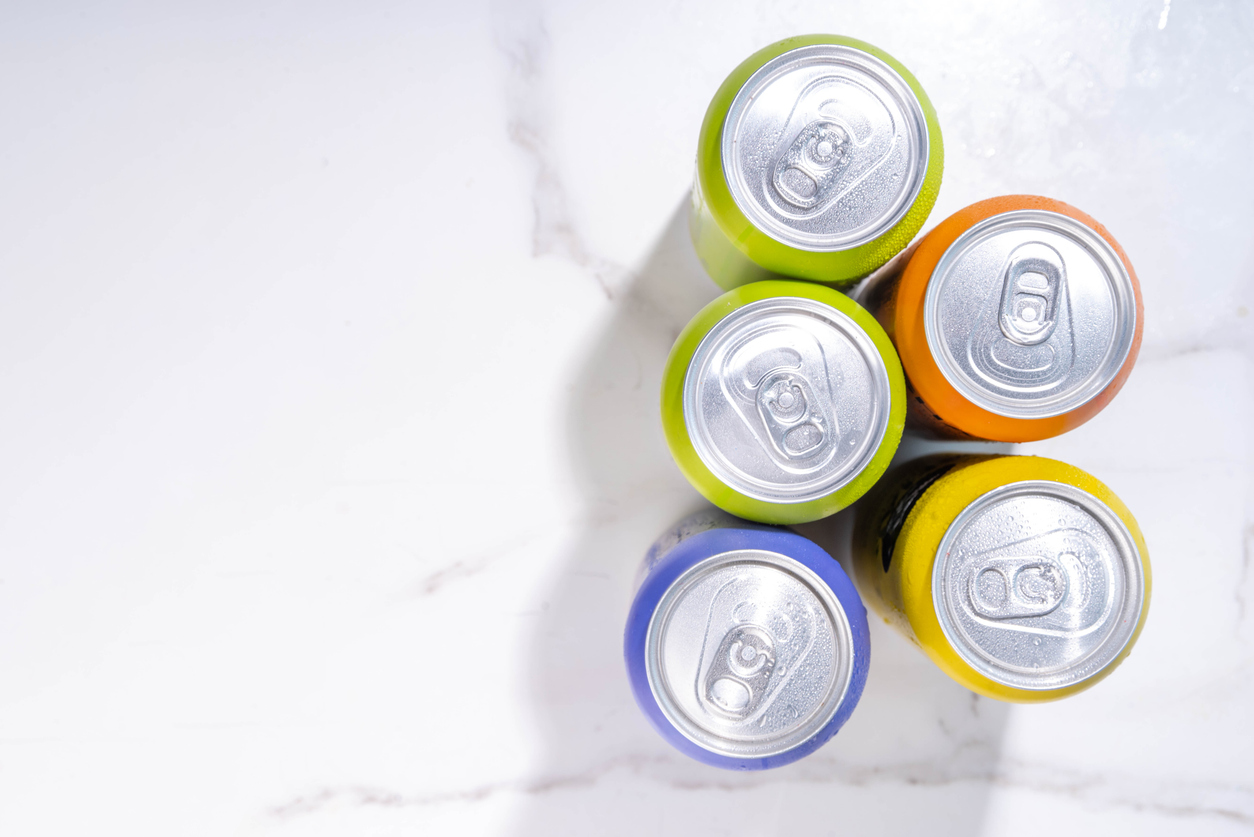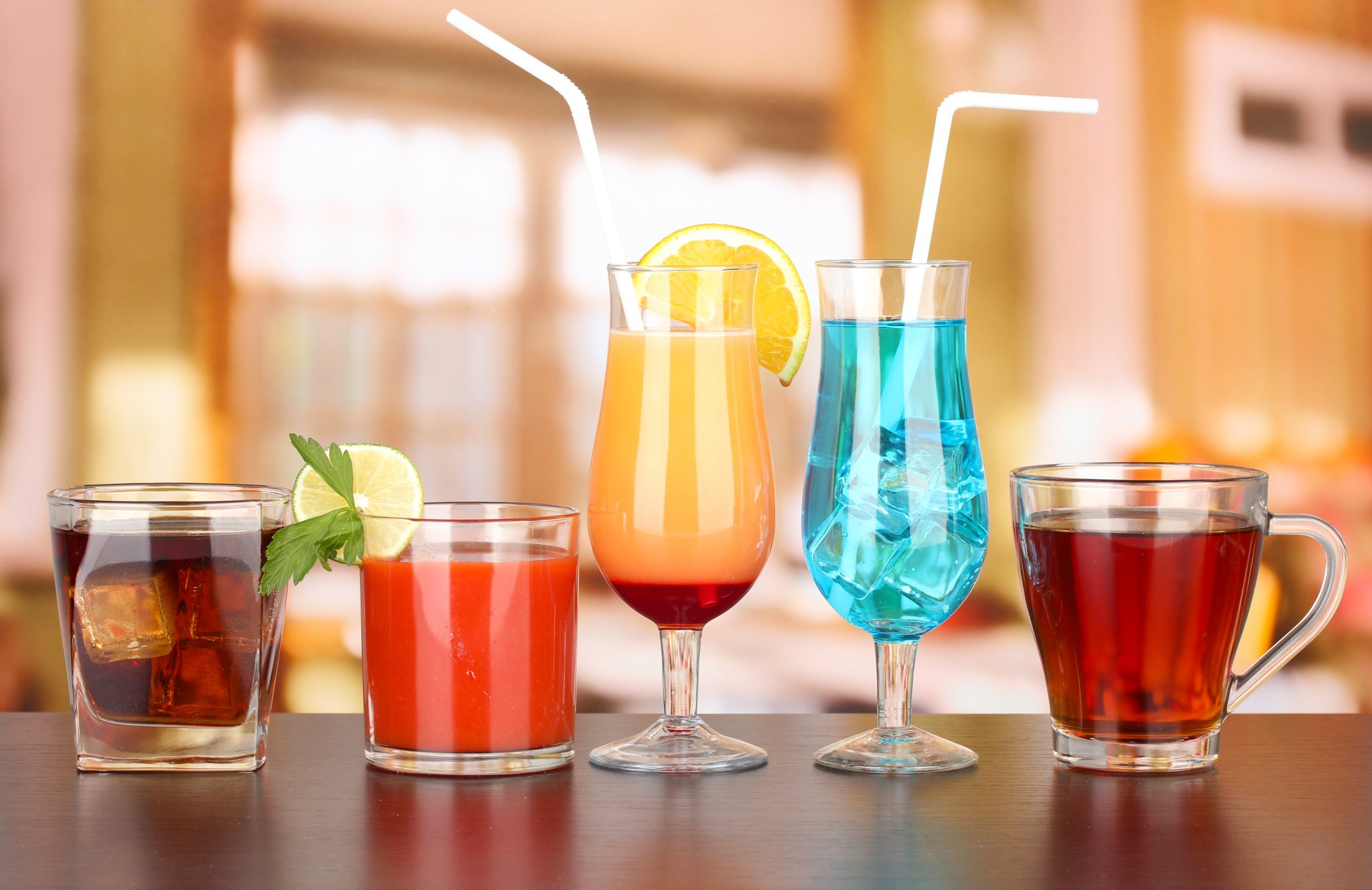
Sauces, Spreads, Seasoning and Oils
Enhancing taste with cleaner and intelligent flavors
Flavour Forward: Strategic Food Ingredients Consulting Solutions
Fat and its derivative, being responsible for the palatability of food is becoming more sustainable by switching to plant-sourced ingredients. The rising climate concern has emphasized the need for alternate sourcing of perishable natural sources of seasoning and oil. Hence, industries are seeking a more robust supply chain. As an alternative, precision fermentation has proved to be a major breakthrough. Many fat derivatives are being developed with technology utilizing easily accessible substrates like cultured oil from sugarcane. Further, new avenues are being developed for upcycling waste oil, such as biodiesel production from waste oil.
Industry Trends
Sauces & Seasonings Trends
Plant-centric Seasoning Solution
Biodiesel Production from Waste Cooking Oil
Microbes Derived Oil
Fat Substitute
Plant-centric Seasoning Solution
Plant-centric seasoning solutions are growing rapidly following the acceptance and huge global demand for plant-based diets and dietary supplements. Driven by vegans, vegetarians, health-conscious consumers, and other consumers, the market is anticipated to grow at a CAGR of 9.5 percent in the coming years. Our food ingredients strategy consulting team also states that plant-centric seasoning solutions are slated to climb to USD 2.4 billion in a few years. Clean-label and sustainable edible products are also propelling plant-centric seasoning food, and businesses and investors can gravitate toward authenticity and strategically invest in plant-based flavor profiles to earn better revenue and expand their businesses.
How Can We Help?
There is an imminent need to look out for regulatory and consumer behavior disruptions in the food and beverage industry. These changes hugely impact geography, product categories, technological adoption, and innovation on every level. Continuous monitoring is needed to interpret these disruptions and potential associated to these trends, threats, and opportunities. We largely focus on trend analysis, consumer preferences, globalization. trade, regulatory changes, environmental scanning, sustainable practices, stakeholder engagement, innovation, experimentation, adaptive strategies, and risk assessment. Stellarix’s food and beverage consulting services empower companies with substantial rationale for strategic innovation, R&D, investment, and business decisions.
ExploreRising sustainability pressures, regulatory constraints, and various long-term trends are pushing the food & beverage industry to a critical juncture. R&D and innovation are the keys to differentiating offerings across the food, beverage, and nutrition value chain. Our food & beverage consulting team is helping companies navigate the maze of innovation opportunities in this domain. From developing clean label products to restructuring value chains, analyzing market sentiment, or aligning portfolios to changing consumer demands and management complexity, we are here to answer every question that the future may hold for you. We establish clear priorities and indulge in services including ethical sourcing and sustainability, market testing and launching, reformulation, cross-functional collaboration, and product development.
ExploreIdentifying the patterns amidst the heterogeneous value chains, channels, players, and consumer behavior in the food and beverage industry is difficult. The battle between meeting consumer expectations and sustaining success is constant for both established and emerging players. Our food & beverage consulting experts are helping companies prepare strategic responses to market shifts, consumer perspectives and counter the intensifying competition. To meet the needs and aid businesses, we render services including growth strategy, expansion plans, price strategy, regulatory compliance, distribution channels, product development, and market analysis.
ExploreSustainability outweighs regulatory compliance for the food and beverage industry. The biggest requirements include strategic response to regulatory developments, balancing product designs, ingredients, and consumption with present and upcoming sustainability imperatives while creating a solid foundation of narratives for further environmental claims and reporting. As a trusted food and beverage consulting firm, Stellarix has helped organizations with precise, nuanced guidance on aligning their product portfolios with the rapidly evolving regulatory and business landscape. We also inculcate supply chain sustainability, carbon footprint reduction, sustainable product development, consumer education, and engagement for the required outcome.
ExploreCo-man and partner identification is a tricky maze of product development, regulatory compliance, financial forecasts, proprietary recipes, labeling, and processing logistics. It requires in-depth market and business analysis experience and excellence. Our interdisciplinary food and beverage consulting services help companies negotiate the best co-man agreements and identify the most suitable partners for a strong competitive edge in specific niches and domains. We lend research & networking, supplier referrals, quality control, flexibility, capacity, investors and partnership complementary expertise, and communication to clients to achieve their goals.
ExploreThe emergence of personalization and sustainable business practices has established some new business goals like alternative ingredients, local sourcing, circular economy, and automation. It has also accelerated the need to identify innovative technologies, applications, scaleups, and startups impacting the food and beverage industry. Our food and nutrition consulting team is helping global players with startup scouting and benchmarking with deep market research analysis and actionable insights. We identify trends, do competitive analysis, find product range, and work on brand identity, distribution and sales, marketing & sales, financial planning, operation, and logistics to place the client in a commanding position in the market.
ExploreOur Experience

Overview Study- Hydrolyzed Vegetable Protein Processing
A global F&B leader consulted Stellarix for a comprehensive review of key processing parameters and the physico-chemical properties of the raw materials used in HVP production. Stellarix’s expertise enabled the client to make strategic sourcing decisions and implement optimal technologies, thereby enhancing its value chain and overall competitive position. Client Background: A worldwide leader in […]

Technology Scouting: Traceability for Aquaculture and Agricultural Products
A client sought sustainable traceability solutions for aquaculture and agricultural products. The comprehensive competitive and market assessment by Stellarix provided the client with a better understanding of the top providers of sustainable and accurate traceability solutions. Client Background: The client sought providers of traceability systems for aquaculture and agricultural products that were sustainable, efficient, and […]

Technology Scouting – Melatonin Alternatives
A renowned F&B company partnered with Stellarix to seek melatonin alternatives to navigate the changing regulatory landscape in Brazil. The strategic guidance and recommendations provided by F&B consultants facilitated the identification of next-gen alternatives, helping the client strengthen its market foothold amidst the changing regulatory and market landscape in Brazil. Client Background: The client is […]
Client Queries Addressed
Q1. How are ingredients like probiotics, antioxidants, and omega-3 fatty acids being incorporated into these products?
Q2. What evidence supports the health benefits of these functional ingredients, and how are they marketed to consumers?
Q1. What challenges do companies face in creating natural and clean-label products while maintaining flavor and shelf life?
Q2. How are companies addressing consumer demand for transparency in ingredient lists and production processes?
Q1. How do alternatives like sunflower, safflower, or algae oil compare to palm oil regarding nutritional profile, flavor, and functionality?
Q2. What are the environmental and sustainability impacts of these alternatives compared to palm oil?
Q3. How do palm oil alternatives' production and supply chains impact their sustainability?
Q4. What are the environmental impacts of sourcing and producing alternative oils compared to palm oil?
Q5. How do the production practices of these alternatives address issues such as deforestation, land use, and biodiversity loss?
Q1. What alternatives are being developed to replace traditional animal-based ingredients in sauces and spreads?
Q2. How are companies reformulating seasonings and oils to cater to low-fat or reduced-calorie diets?
Q3. How are companies ensuring that reduced-fat or low-calorie seasonings and oils still provide essential nutrients and contribute to a balanced diet?
Q4. What role do alternative ingredients or fortification play in maintaining nutritional value in these reformulated products?
Insights
See All
Articles

Articles

Blogs

Articles